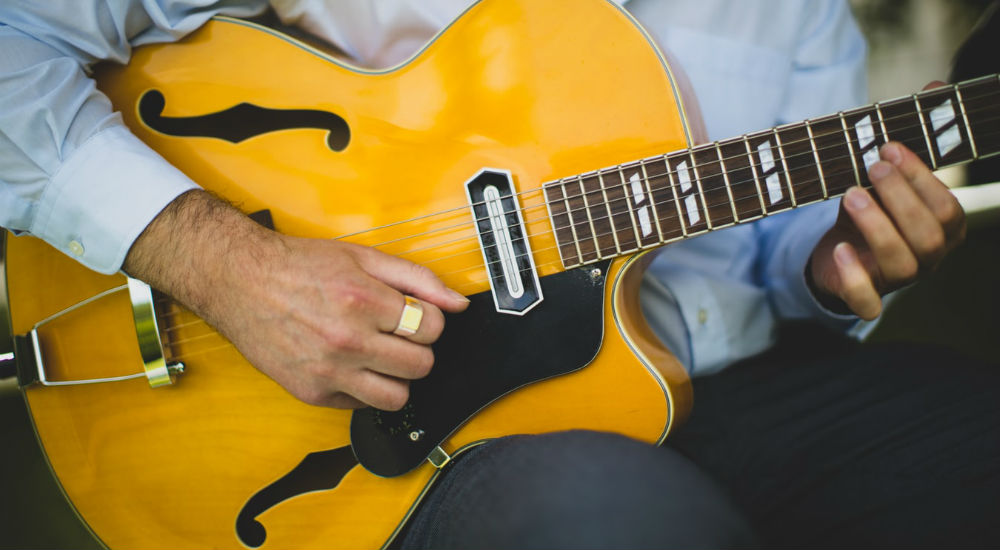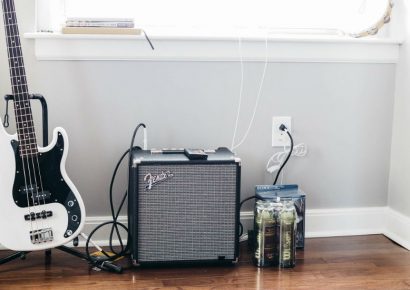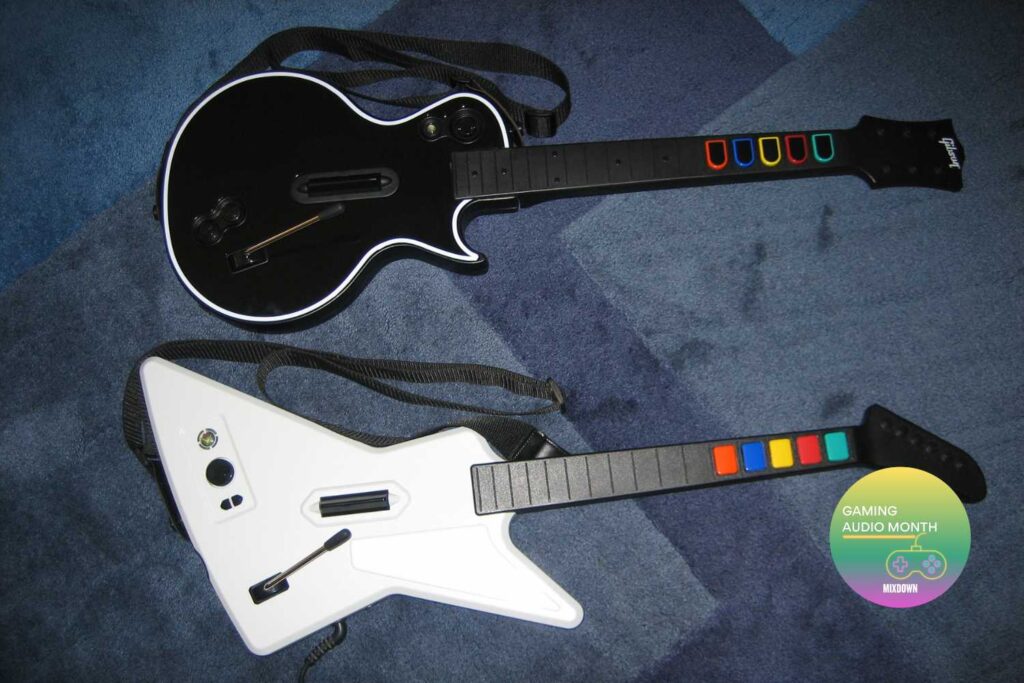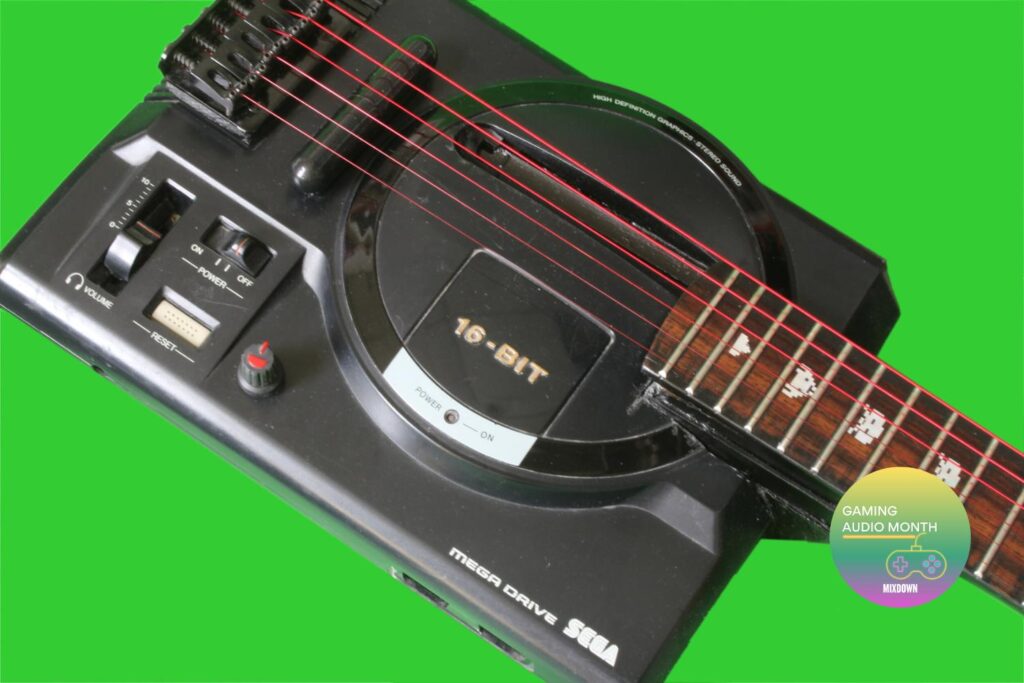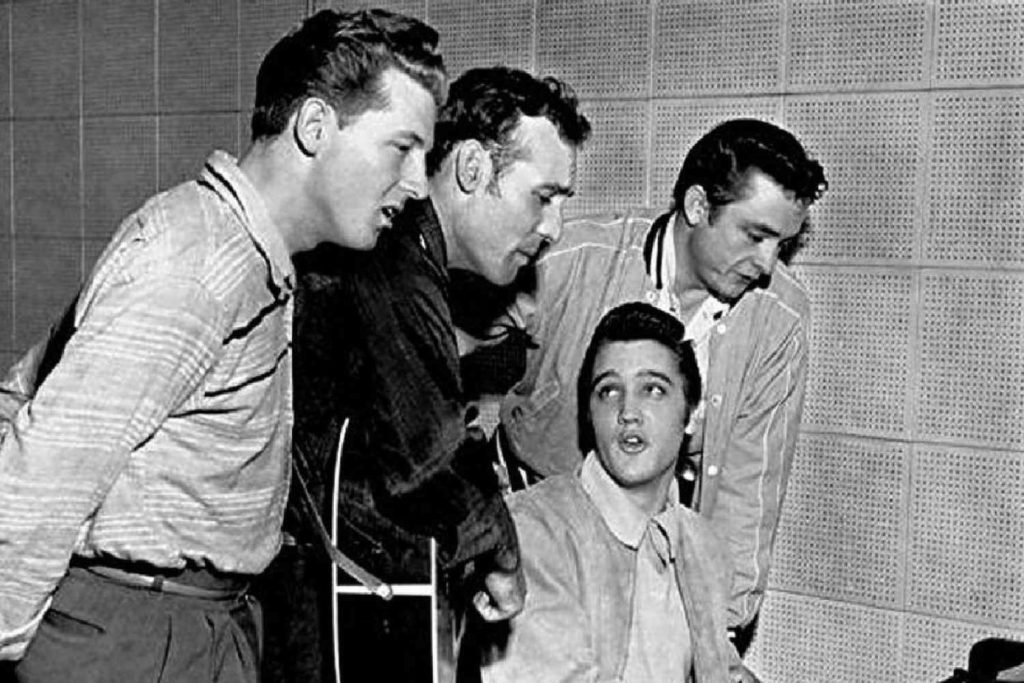Timing
Having good time is everything. Even the most amazing facility and technical playing doesn’t mean much if it doesn’t feel good. Comping/rhythm wise, put on a metronome or drum machine and have a really good listen to yourself. Are you pushing? Or sitting back? Or right on the beat? There are times when any of these are useful but a lot of players wouldn’t even be aware what they’re doing. The same goes for single note playing…be careful where you are placing the notes. Metronome again is a winner, try slow…like really slow and make sure of both hands aiming for clear and precise notes. Then run through the whole gamut of tempo possibilities trying to find weak areas. ‘Table of time’ type subdivision exercises are great too (Semibreves, then minims, then crotchets, then quavers etc).
Articulation
How are you playing your notes and chords? Are you playing at the same dynamic? Too loud? Too soft? Do you accent certain notes of rhythms? Do you struggle accenting certain note or rhythms? You get the idea. Thinking about these areas and listening to your own playing is where it all starts. I’ve been caught in the battle of playing loud gigs and digging in way too hard meaning my technique gets sloppy and I don’t have as much facility. Not always possible I know but the answer should really be to get yourself some more volume/foldback and relax on the guitar. Think about your overall volume – what’s your default level? I’d bet a lot of guitarists play up at 70%-80% of their maximum volume. If so, where does that leave you to go if you want to increase your dynamics/attack? Not much room hey. Hammer ons/legato/alternate picking/slurs are then all fair game too.
Chords/Comping
As a guitarist, comping is realistically the thing that you’ll be doing the most. Playing in a band, accompanying a singer/sax player/whatever all need a solid base of chord playing in some form. Having a broad palette of chords to pick from gives you options for voicings and sounds. Yes simple open G, C, D and Em are still used a lot but having more chords to call on helps with your creativity and gives you options for fitting in around piano/bass etc. There are times when higher voicings are more appropriate than thick low barre chords (and vice versa). And yes, the chords/comping aspect can also be linked to timing. The most dazzling array of voicings and comping ideas won’t mean a thing if it doesn’t feel good.
Try incorporating a few back to school/back to basics/self check ideas into your practice routine and don’t be afraid to break it down very simply. Nothing wrong with refining your technique and playing to allow you to play whatever you choose more comfortably!
Revisit last month’s guitar lesson on the devilish 7sus4 chord here.
